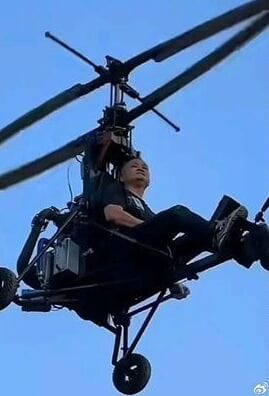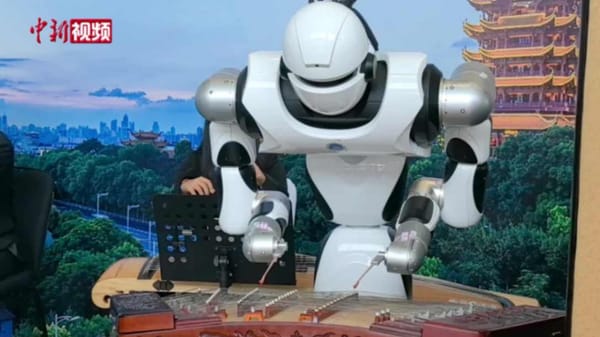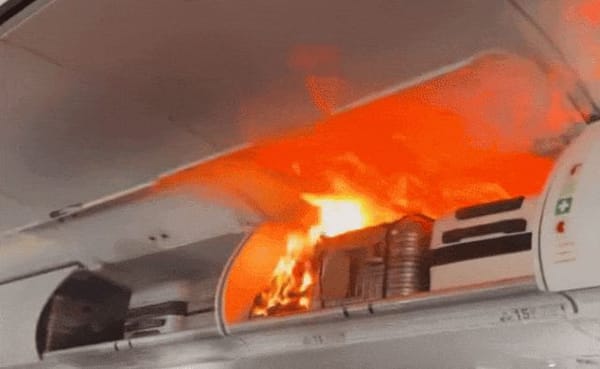Helping Without a License: Saving Lives or Risking Harm?
When unlicensed helpers step in during emergencies, is it brave life-saving or risky harm? Explore the fine line between aid and liability in urgent medical moments.
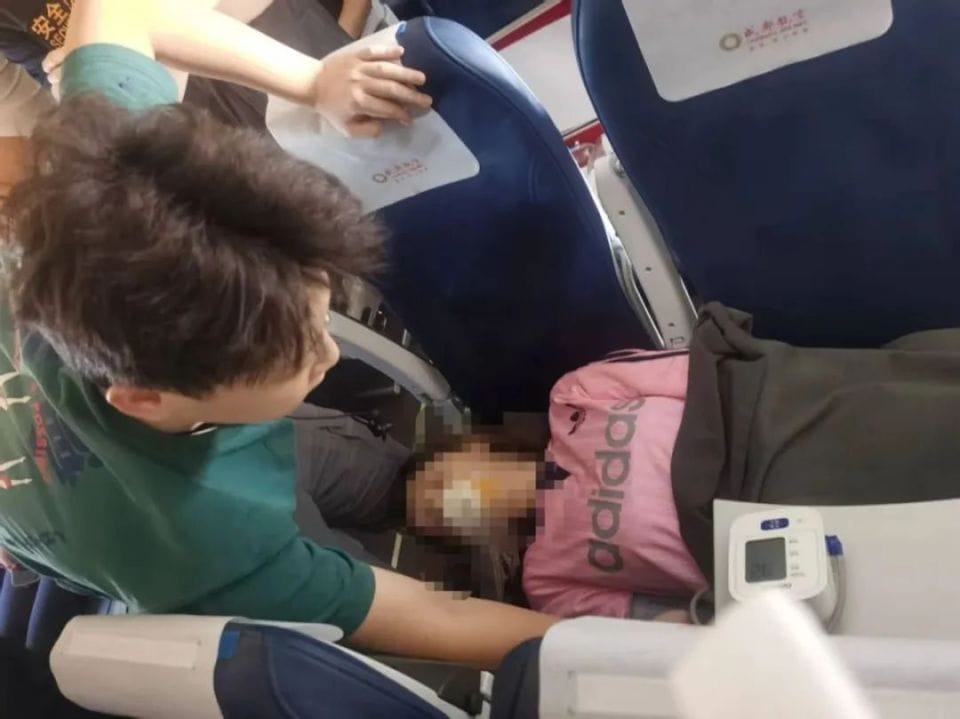
Imagine this: You're on a plane ✈️ and suddenly, someone nearby collapses. Panic ensues, and before you know it, a medical student steps in to help. But wait — is it a good deed saving a life, or is it crossing a dangerous line without a license? Let's dive into this fascinating and controversial topic.
The Viral Incident That Sparked Debate
A few weeks ago, a second-year medical student from Wuhan University earned both praise and criticism after helping a passenger experiencing concerning symptoms on a flight. The student, Sun Yijie(孙毅杰), performed some basic medical checks — checking pulse, breathing, and oxygen levels — and helped the woman by giving her oxygen and positioning her comfortably. Her condition improved, and later she expressed gratitude with a symbolic gesture.
Sounds heroic, right? But some skeptics questioned: "Is it safe for someone without a medical license to intervene in such situations?" This question sparked heated discussions online.
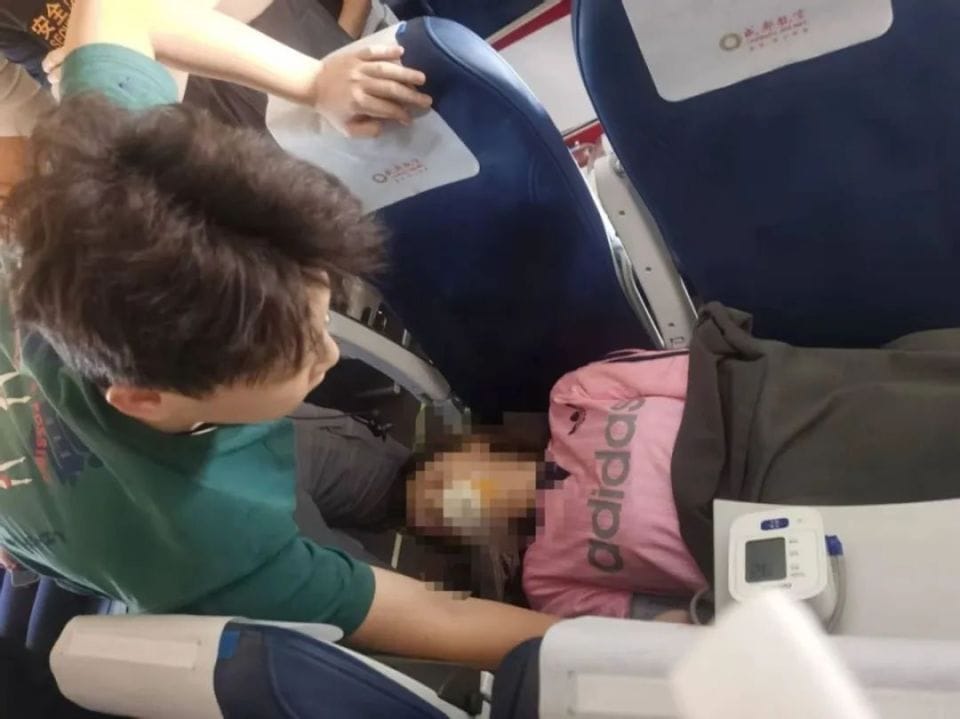
Where to Draw the Line Between Help and Harm?
First, let's understand the complexity of medical intervention. Medical professionals spend years training, and their licenses are proof of competence and accountability. But emergencies don't always allow time for finding a licensed doctor — and sometimes, immediate action is crucial.
Sun Yijie himself acknowledged that his knowledge was limited and his actions were basic — mainly non-invasive and aimed at stabilizing the patient until professional help was available. His experience included clinical internships, where he regularly encountered urgent cases. Yet, he emphasized knowing one's limits to avoid causing harm.
Is this a comfort? Or a recipe for disaster if someone less trained attempts it? 🤔
Legal Perspectives — When Courage Meets the Law
Lawyers weigh in with an interesting angle: in many jurisdictions, emergency aid by unlicensed individuals is legally protected under "Good Samaritan" laws. These laws encourage people to assist in emergencies without fear of legal repercussions, provided the help offered is reasonable and not reckless.
According to experts, basic first aid like in Sun’s case – checking vitals, administering oxygen, positioning the patient to improve blood flow – does not count as practicing medicine illegally. Even if a rescue causes unintended consequences, as long as it was done in good faith, the rescuer often won’t be held liable.
So yes, being a brave helper can be safe and legal — but this doesn't extend to invasive procedures or medication administration without qualifications.
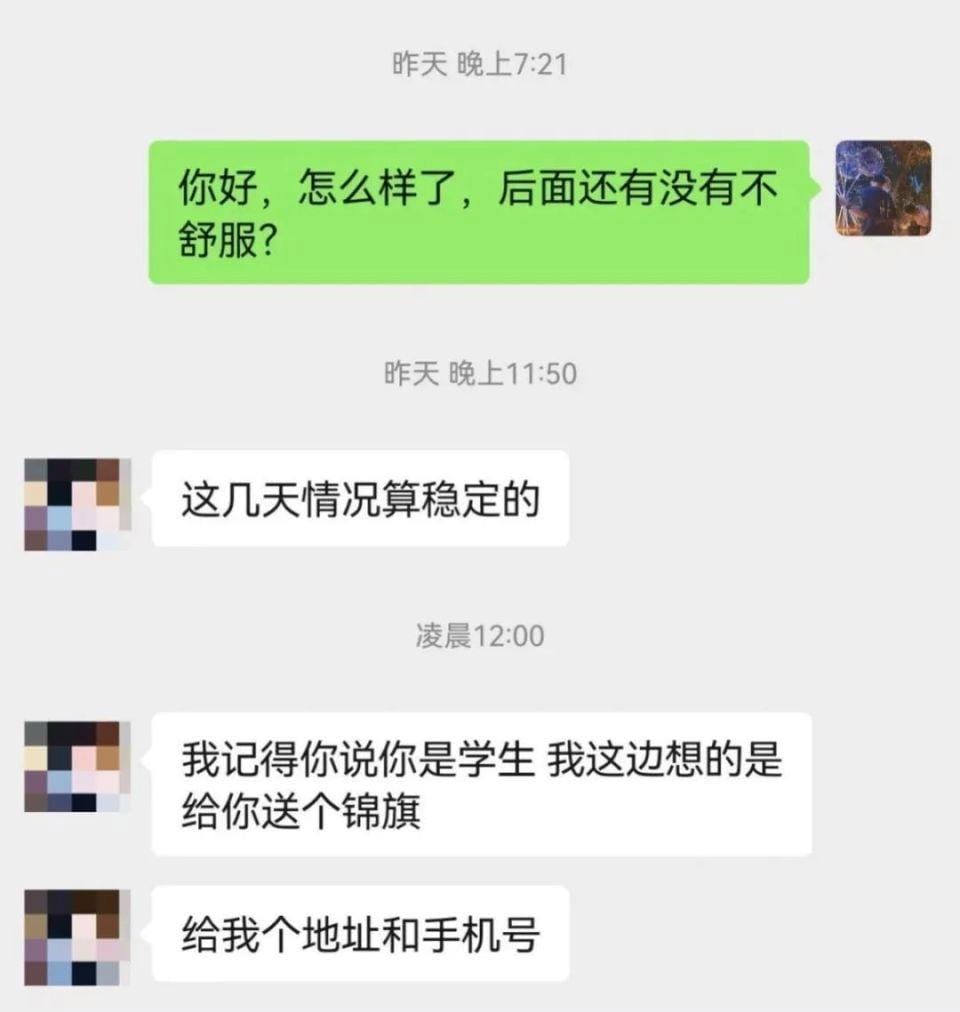
Why We Shouldn't Be Afraid to Help (But Still Be Careful!)
Helping in emergencies is an act of humanity and, when done correctly, can save lives. The key is knowing your own limits and taking reasonable actions. Simple measures like calling for help, keeping the patient calm, ensuring an open airway, or placing someone in the recovery position can make all the difference.
Medical students, volunteers, and even ordinary citizens can be invaluable in emergencies if they stick to basic first aid principles and avoid overstepping their knowledge.
In fact, fear of legal consequences shouldn’t deter people from giving timely aid, especially as laws are increasingly designed to protect rescuers. 🚑
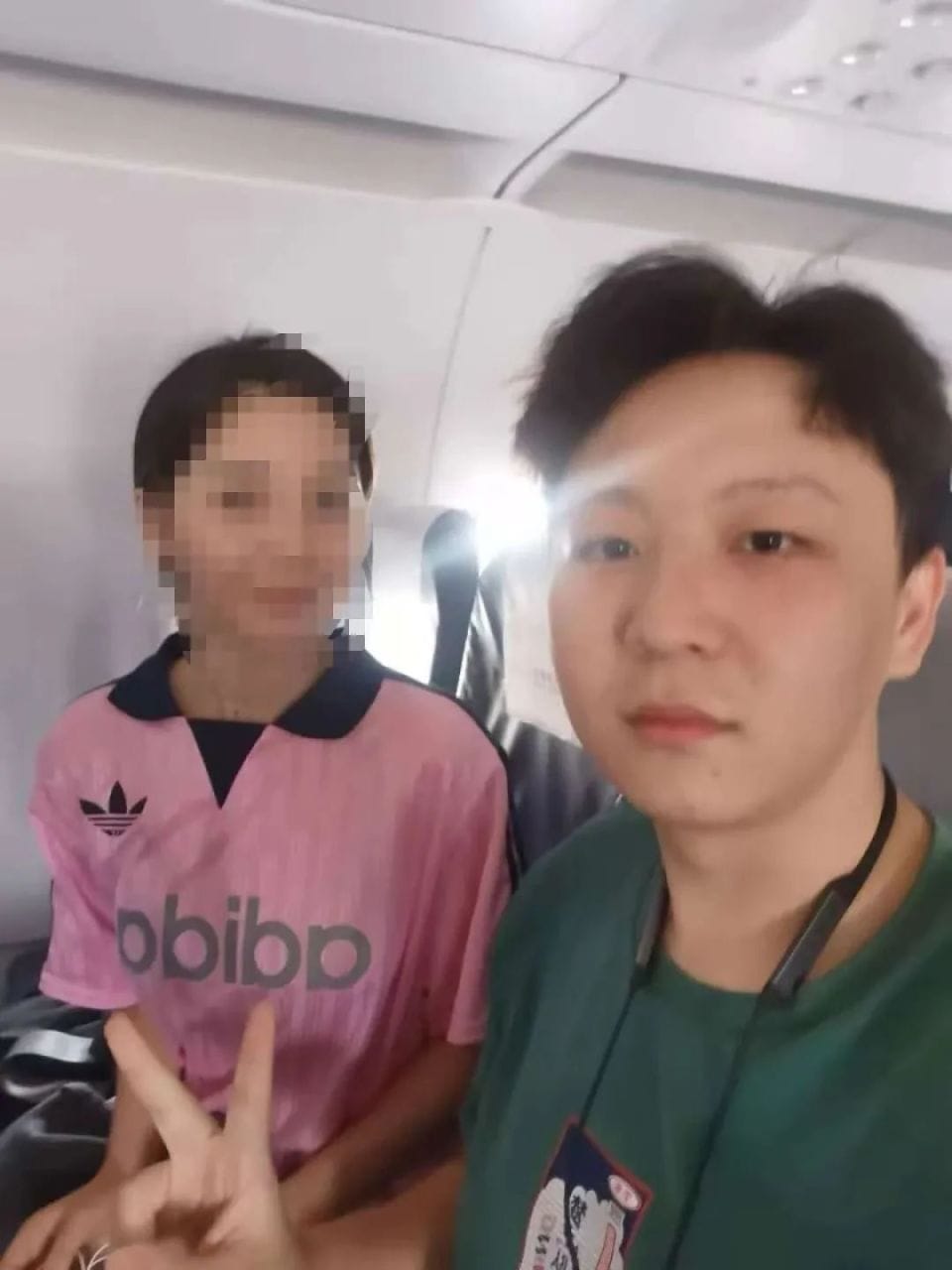
Final Thoughts: A Balancing Act Between Heroism and Responsibility
The story of Sun Yijie highlights not only the good-hearted nature of individuals ready to help but also the crucial need for awareness — of one’s skills, legal boundaries, and patient safety.
So next time you face an emergency, remember: it's better to try simple, safe assistance than to do nothing out of fear. Your goodwill, combined with knowledge and caution, can turn you into a true lifesaver! 💪❤️
After all, saving lives sometimes means stepping up — licensed or not — but always with care.

